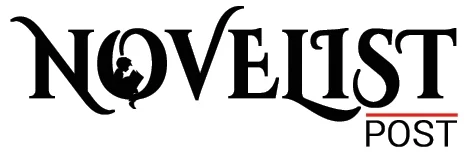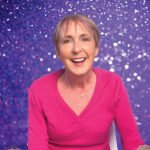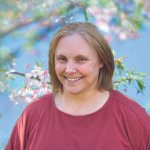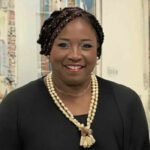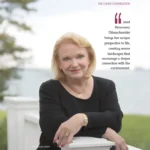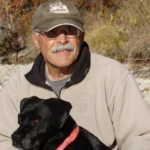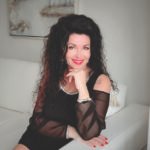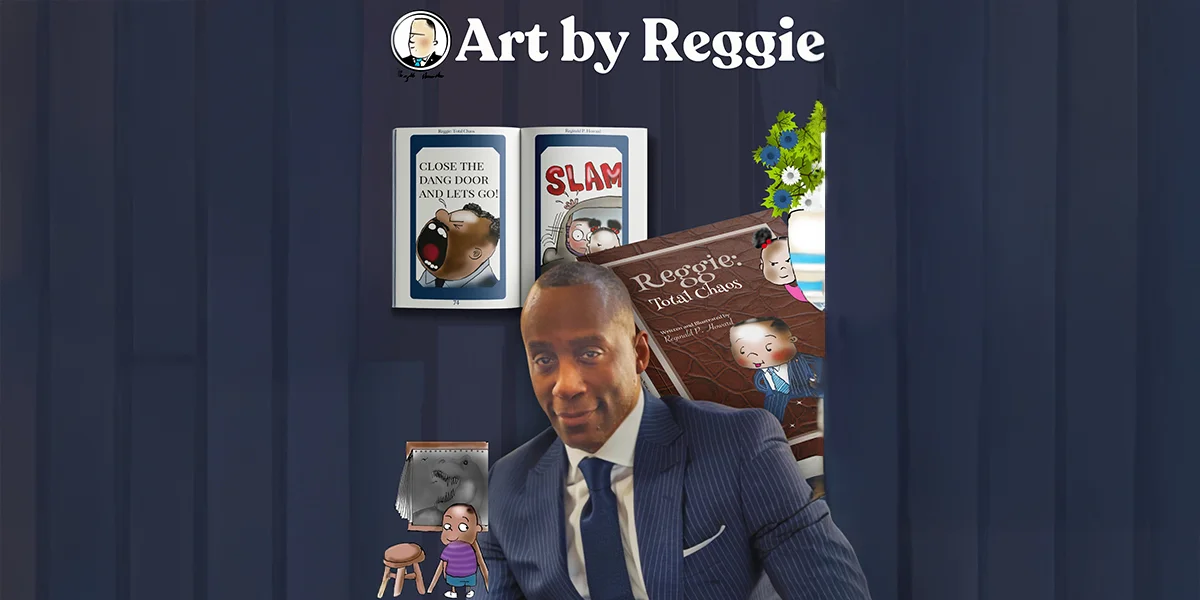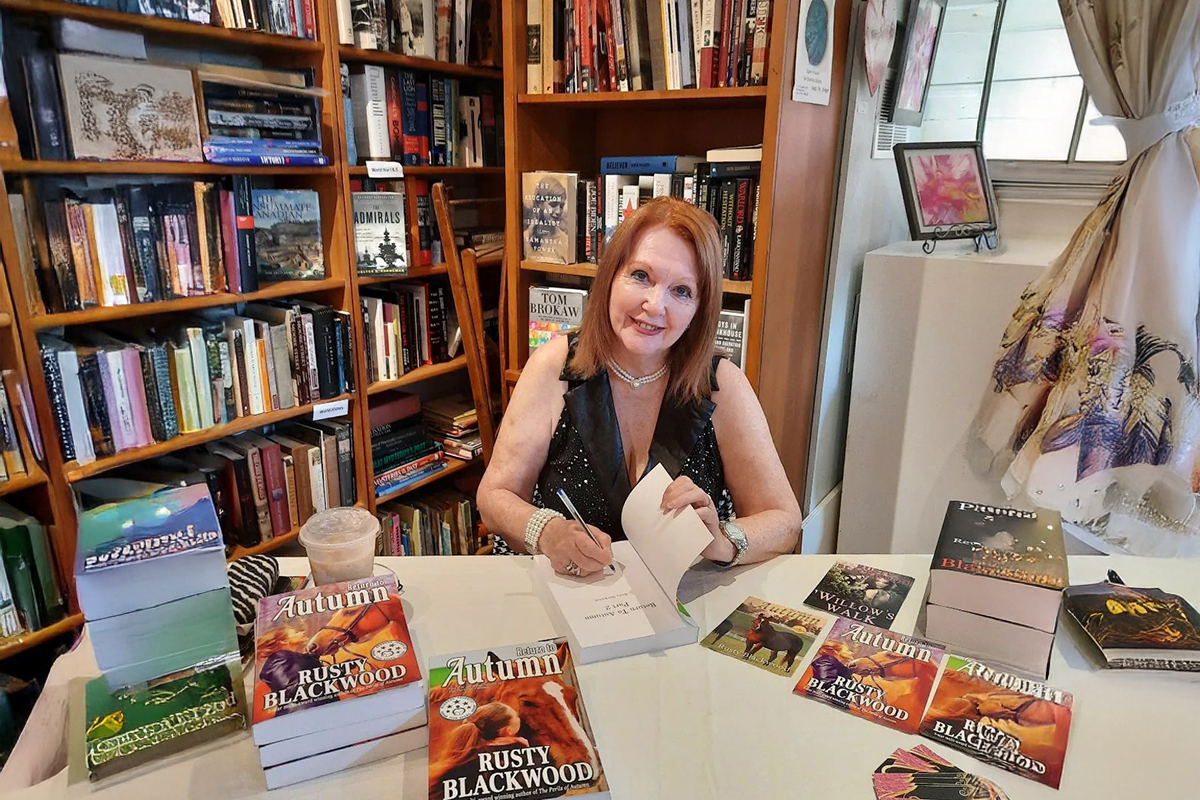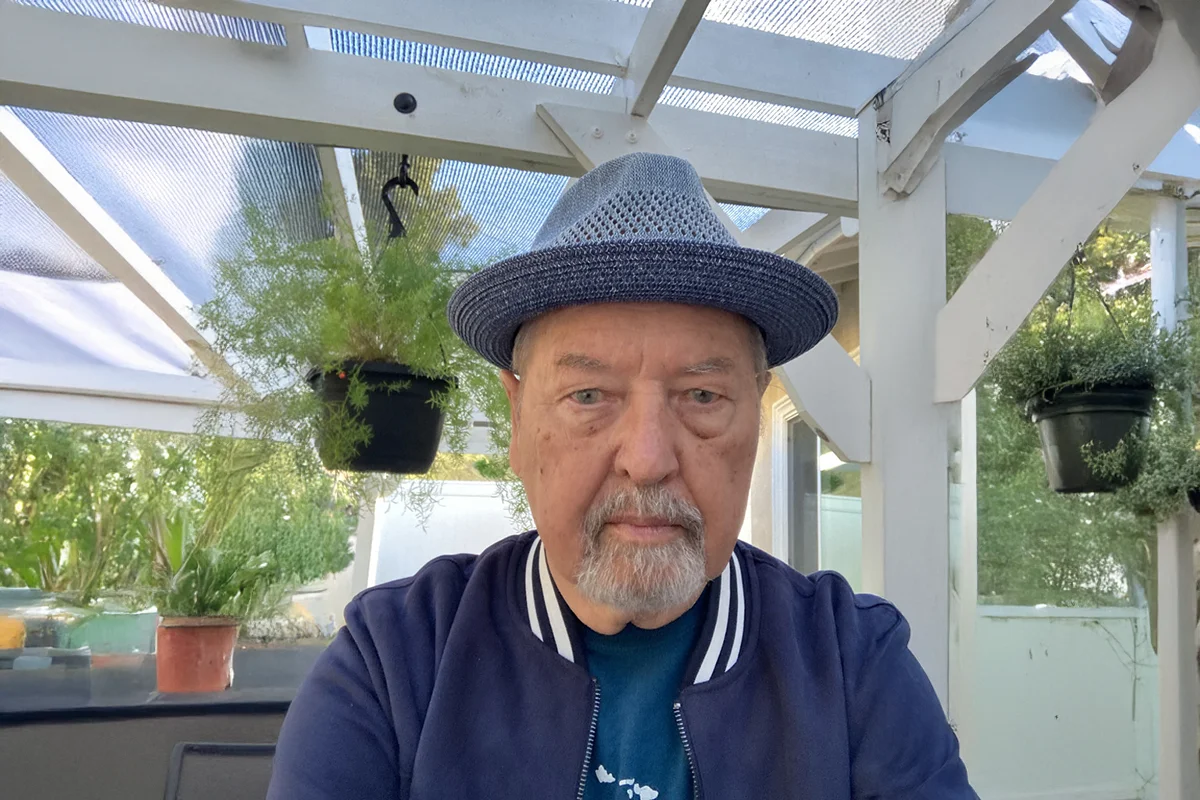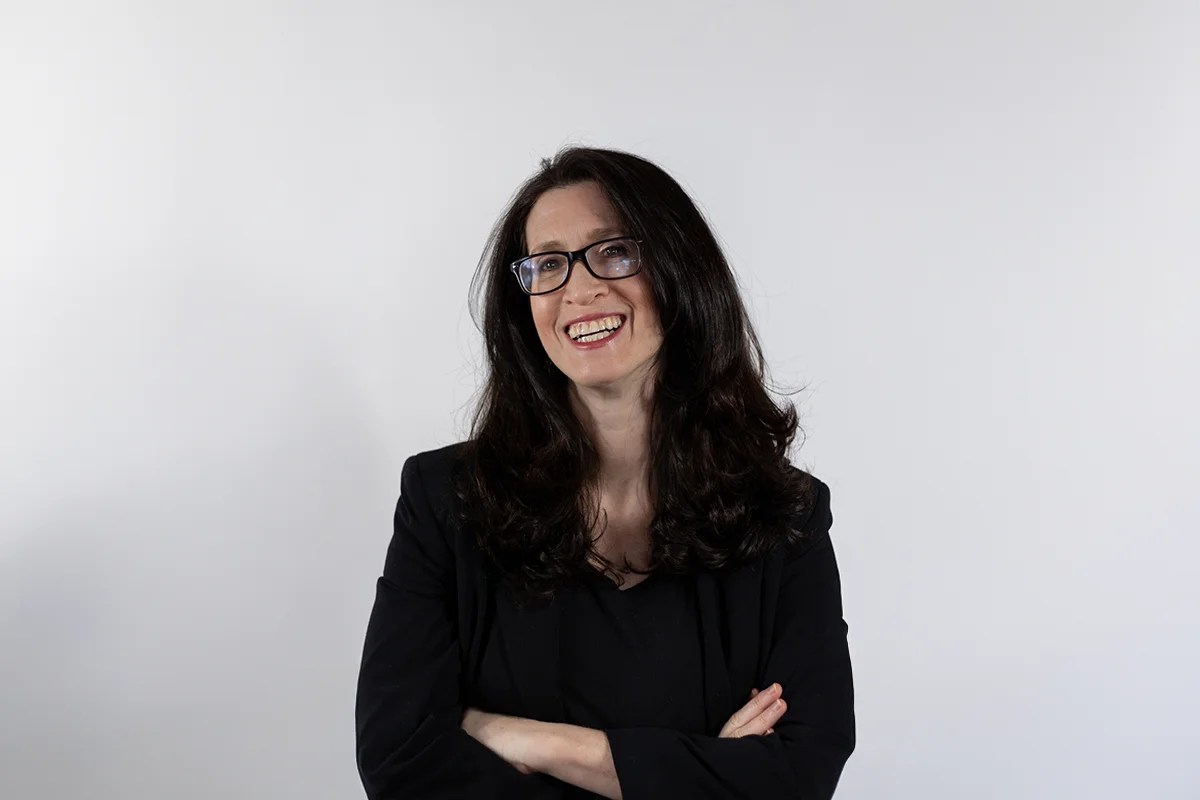Ann Hunter Shares the Magic Behind Her Stories and the Power of Writing with Heart
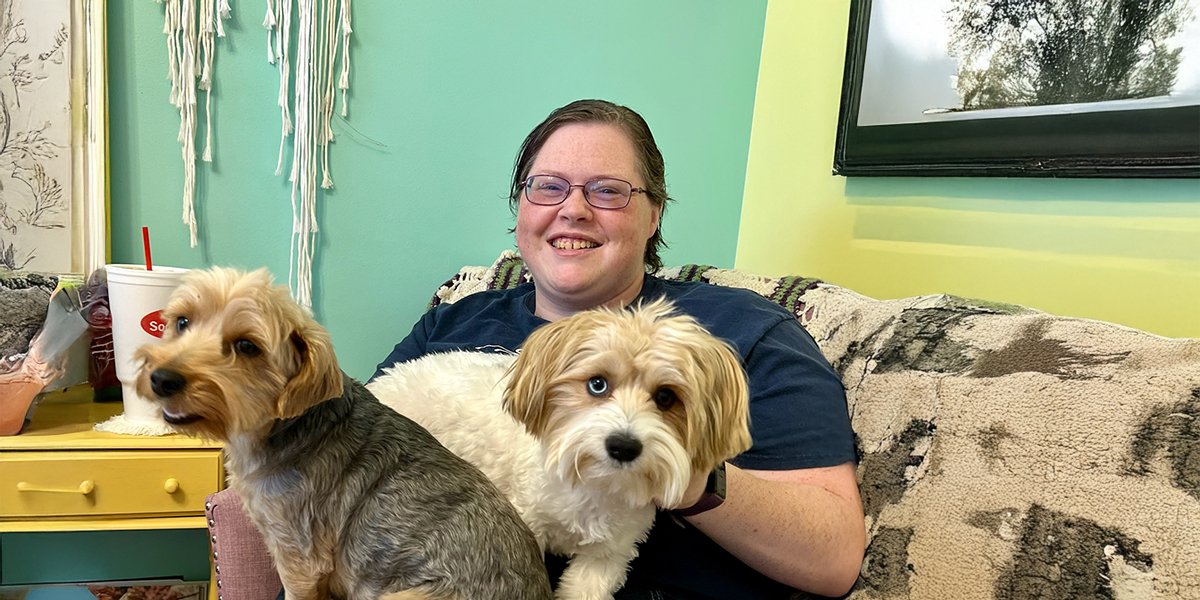
PHOTO: Ann Hunter, award-winning author of North Oak and Ashes, invites readers into a world of magic, heart, and unapologetic creativity.
Exploring Creativity, Faith, and the Journey from Childhood Stories to Bestselling Series
Ann Hunter discusses her early start in writing, how ADD fuels her creativity, the spiritual depth behind her stories, balancing motherhood with authorship, and empowering others through fractured fairy tales and mentorship.
Ann Hunter is a literary force whose stories transcend genre, age, and expectation. With a voice as bold as it is compassionate, and a spirit fueled by relentless creativity, she has carved a space in young adult fiction that feels both wildly imaginative and achingly human. Her bestselling North Oak series has galloped its way into the hearts of readers around the world, not just because of its gripping horse-racing narrative, but because of its emotional honesty, unflinching character work, and timeless themes of resilience and belonging.
Her gifts as a storyteller go far beyond the page. Whether writing fractured fairy tales that reinvent classic myths with steampunk flair or mentoring aspiring authors through the shadows of self-doubt and learning differences, Hunter brings a radiant authenticity to everything she touches. Her approach to writing is deeply spiritual, refreshingly rebellious, and always guided by the conviction that stories matter—that they are vessels of love, truth, and transformation.
In this candid and inspiring interview, Ann Hunter opens up about her earliest memories of storytelling, how ADD became her creative superpower, and why motherhood remains at the center of her world. She also shares the magic behind her genre-bending tales, the authors who shaped her journey, and the belief that greatness is already within us—all we have to do is let it out.
Ann Hunter is a fearless, imaginative, and heartfelt storyteller whose writing uplifts, inspires, and resonates with readers of all ages.
What first inspired you to write about a rabbit pulling a carrot in your earliest story?
I don’t remember. I was 6 (over 36 years ago!). I do, however, remember how I really got started in writing.
I was in 4th grade and chronically late on an assignment. We needed to write a story. I finally sat down, after many tears– proof I was already a writer. I just didn’t know it yet! – and started. All of a sudden, words flowed out faster than I could write them. My hand couldn’t keep up with my brain. Having been told all of my academic career that I was slow (not smart) and lazy, this was a revelation. Pure magic. I’d never felt like this before.
When it was done, the teachers encouraged me to enter it into the Publish A Book contest. I didn’t win, but I do remember getting a ribbon for it.
A few years later, I was a bored 11-year-old at my grandparent’s cottage in New Hampshire for the summer. They doted on me endlessly, but encouraged me to entertain myself when I had finally worn them out.
Remembering the way writing made me feel two years prior, I started a story that went on to become the best selling young adult horse racing series in the world. (North Oak– https://www.northoakseries.com/)
How has your experience with ADD influenced the way you create characters and build worlds?
Contrary to some beliefs, ADD is a super power when you know how to manage it. As I mentioned before, my brain works faster than the rest of me. I generate more ideas than I’ll ever be able to write. It’s like following the White Rabbit from Alice In Wonderland.Coming up with story ideas isn’t the problem. It’s wrestling with the focus to get them onto the page. Throwing darts and hoping it hits the tiny red target.
Knowing this, I try to write down the individual ideas and keep a story idea diary. I have a number of files on my computer of story ideas, world building for them, and character sketches. Having this reference is sometimes the only way work gets done.
I also keep notes within active projects so I remember what happens next (outlines for me are a bunch of story beats with extra notes). As I age, I’m finding my brain growing cloudier and unable to tap the old “find the answer before I’ve asked the question” buzz. Having good notes is imperative.
“All of a sudden, words flowed out faster than I could write them.” — Ann Hunter
You mention feeling like a vassal to a greater power when you write — can you describe that experience more?
As a Christian, I believe we are given divine gifts from God and we must use them to better the world. Nobody argues that Mozart and Beethoven weren’t musical geniuses. They both played piano, but it’s very clear no two played the same. That is the God-given gift. Not only the passion, and the ability, but the individuality.
Since my writing is a divine gift, I treat it as something holy. I pray before I write. I ask the higher powers to help open my mind and heart, and be receptive to the images and words I receive, and that I’m able to convey them in a way they’re meant to be received by others. I hope readers can feel the love and regard God has for them.
How do you balance being a mom first and a writer second, especially with such a busy creative mind?
Family comes first. If you can’t count on family, who can you count on? I try to always be there for my two teen daughters. When they were younger, dad did a lot of parenting so I could write in the evenings. I still prefer to work at night when things are quieter and I have more energy.
Now that they’re older, they can start pitching in with dinner and getting themselves to bed so Dad doesn’t have to do it all. During the day, I’m all theirs. I’m at every sport and event for them, but nights are mine (unless there’s an event, of course).
One more reason it’s important to have an idea/story diary. You don’t have to remember or worry so much when it’s already written down.
Which character from North Oak or your other books do you personally relate to the most?
While Alex from North Oak is near and dear to my heart (I’ve been writing her for 30+ years!), none of my characters are wholly me. There are pieces of me in each of them. You’ll notice green eyes a lot (because I have green eyes, and it’s one of the very few features I actually like about myself). I think my competitive spirit and compassion shows through as well, not on purpose, but that’s just what comes out on the page. I write with my heart, rather than a methodical brain.
“Family comes first. If you can’t count on family, who can you count on?” — Ann Hunter
What do you enjoy most about writing fractured fairy tales like A Piece of Sky?
I started writing fairy tales as part of the infamous NaNoWriMo years ago. I also wanted to explore my Celtic heritage. Being a lover of both history, and fantasy, it made sense to research Irish monsters and myths.
After writing a few of those, I realized you only needed a few core elements of a fairy tale in order to fracture it and make it your own.
For example: A clock, a girl, a prince = Cinderella.
But clocks have gears, and gears are steampunky, Why not make this Cinderella a steampunk retelling of an assassin who falls in love with a prince? And there’s only so much time before she’s imprisoned for Prince Charming to realize she killed his father! (my book, Ashes).
Also, it’s just fun to come up with the zany.
“You only needed a few core elements of a fairy tale in order to fracture it and make it your own.” — Ann Hunter
If you could collaborate with any other author, living or dead, who would it be and what would you want to create?
I can’t pick one! That’s like asking who my favorite child is. I’d love to write with all of the authors who inspired my own writing, like Joanna Campbell (Thoroughbred Series), Gaston Leroux (Phantom of the Opera), Gregory Maguire (Confessions Of An Ugly Stepsister & Wicked), and Jen Dugan (Melt With You). It would be nice to team up with more equestrian authors as well, especially Terri Farley, Natalie Keller Reinert and Jessica Burkhart. We could make such amazing crossover series with North Oak!
Oh, and Anne Frank. I think we’d just vibe well.
I also love mentoring young writers.
What advice would you give to other authors who struggle with learning disabilities or self-doubt?
Find what works best for YOU. Don’t accept being told you’re not good enough to achieve greatness. Greatness is already within you. You just need to discover your canvas and let it out.
Almost all of my greatest writing achievements have resulted in my being rebellious after being told “you can’t do that”.
Watch me.
